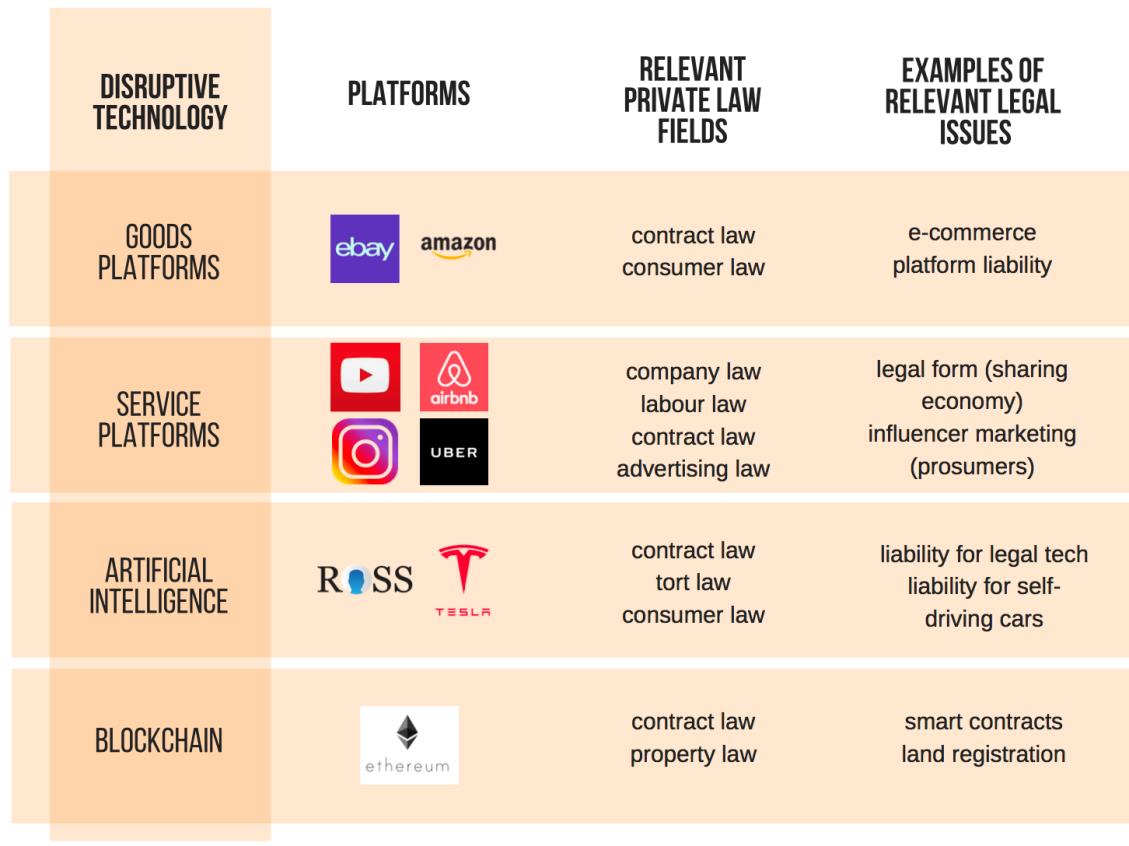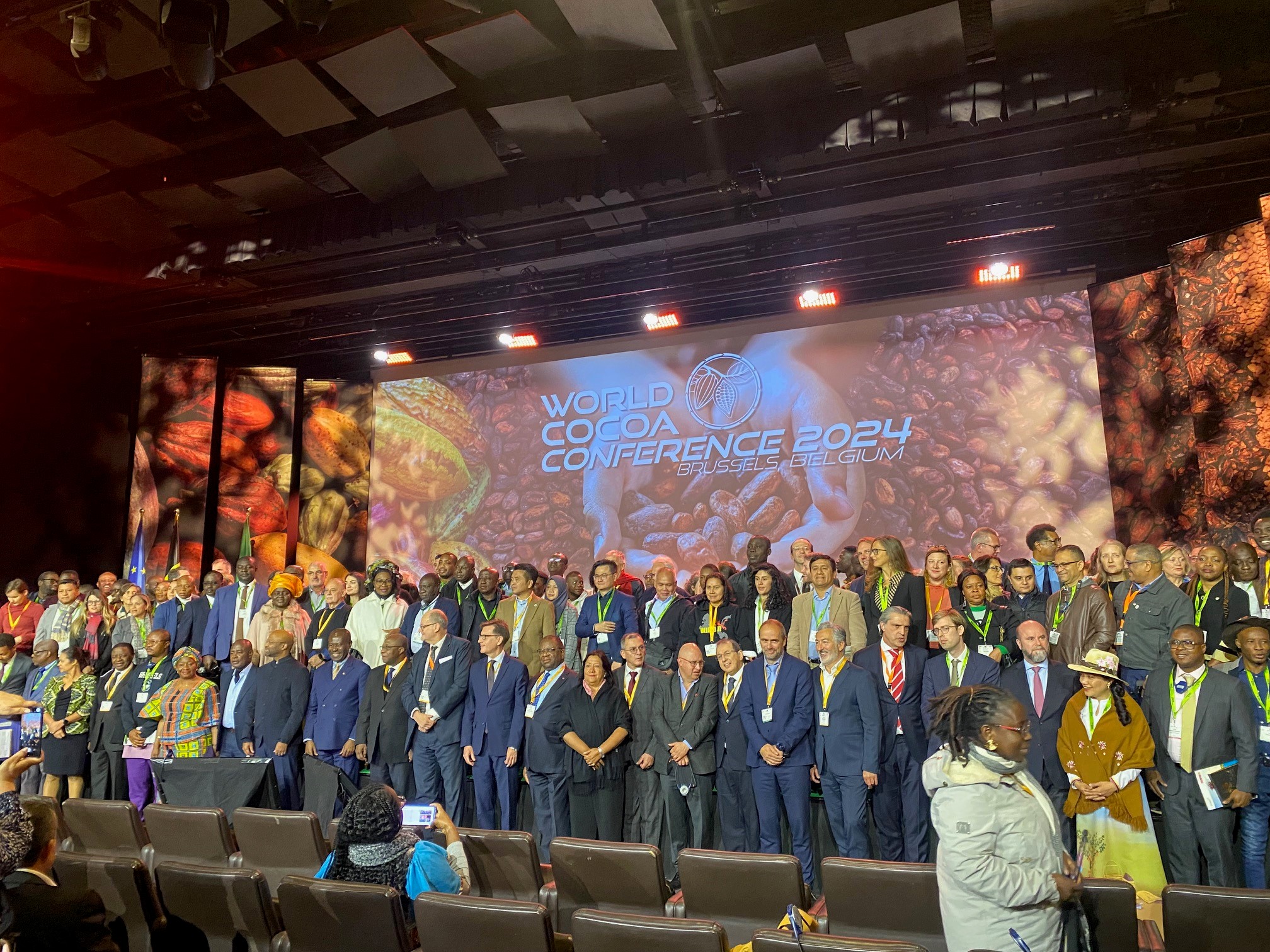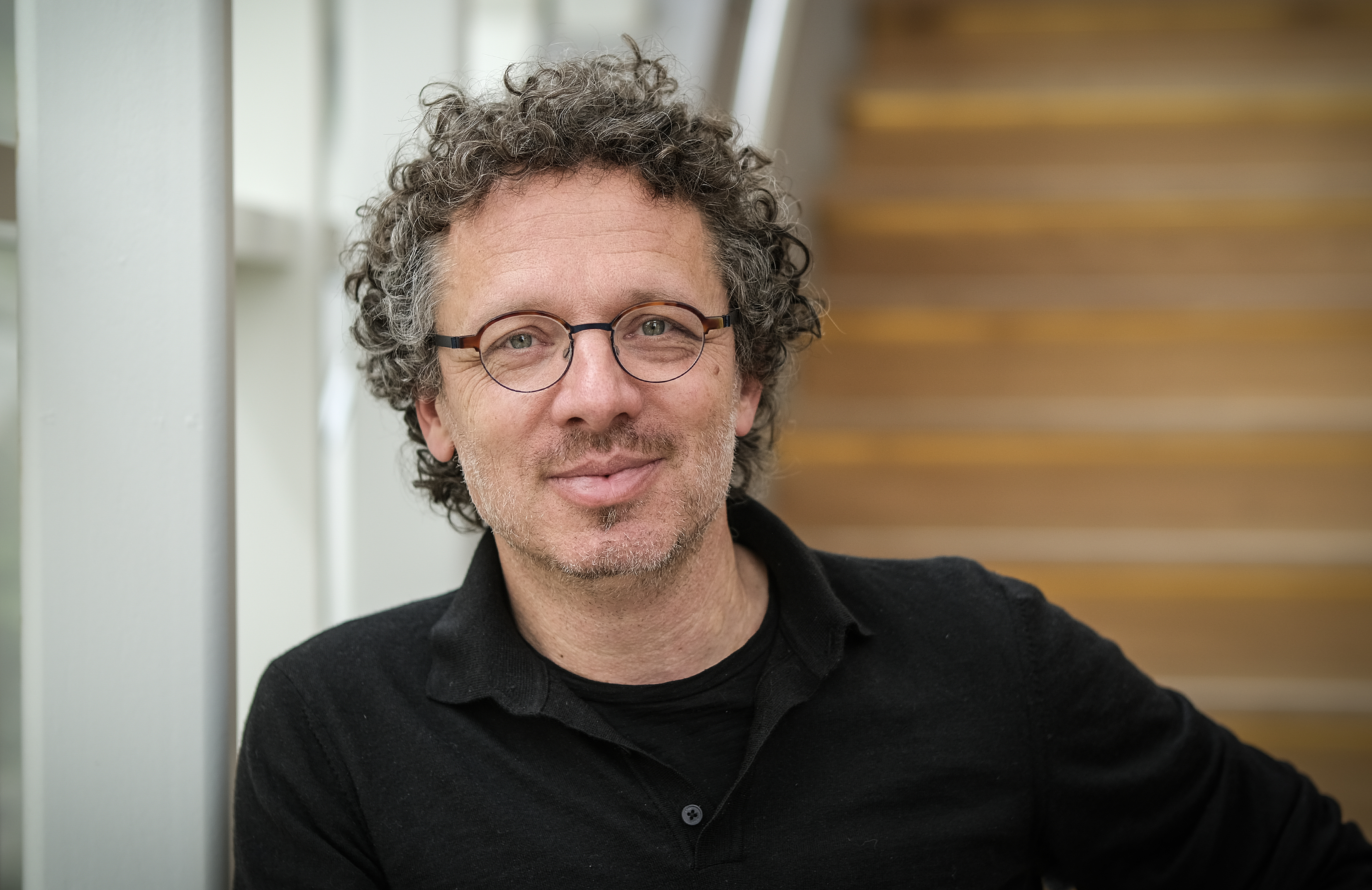How disruptive technology affects the law
Catalina Goanta (Assistant Professor Faculty of Law, Maastricht University) is one of the seven candidates awarded a Niels Stensen Fellowship in 2018. Goanta’s research focuses on the impact of disruptive technologies on private law. Her research aims to better understand how the law reacts to innovation. With her research, Goanta hopes to capture the issues surrounding the impact of law within the frame of innovative platforms such as Ebay or Airbnb and new technologies such as artificial intelligence or blockchain. She aims to understand how the law has reacted to technological disruption.
An example of the type of issues Goanta’s research delves into is the use of service platforms such as Youtube or Instagram for advertising purposes. Dubbed ‘influencer marketing’, the current practice of social media advertising entails that (internet) celebrities such as singers, actors, bloggers and vloggers endorse products or services by companies who pay them to do so. Yet, influencers commonly have large numbers of followers who trust them to display genuine content. If they support brands, there is no law requiring them to disclose this matter to their audience. As a result, the practice of influencer marketing is a misleading one. The consumer might believe a product or service to be the genuine preference of a given influencer, while in reality this is not the case. Another example is that of self-driving cars. As cars become more intelligent, the question arises as to the liability in case of accidents. If a car is driving itself, how can the law best govern the type of issues this technology can give rise to?
Overall, Goanta’s research discusses how to best manage the interests affected by innovative practices brought about by disruptive technology. Which relationship should law have with innovation? Should the law protect society from the risks of technology, or should it nurture technology in the hope of economic growth? Goanta explains how disruptive technological services affect the legal governance of companies and society at large.

About Catalina Goanta
Dr. Catalina Goanta received her LL.B. degree from the Faculty of Law of the University of Bucharest, where she studied Romanian and international law. She proceeded to complete an LL.M. at the Faculty of Law at Maastricht University, specializing in European comparative law and international law, and further obtained an MSc. in public policy and human development from the United Nations University-MERIT Maastricht Graduate School of Governance. Goanta has been doing research on Californian law as a fellow of the Stanford-Vienna Transatlantic Technology Law Forum (Stanford University). Supported by the Niels Stensen fellowship, she will conduct this research in 2018 at the Institute for Work and Employment Research (University of St. Gallen), as well as the Berkman Klein Center for Internet & Society (Harvard University).
About the Niels Stensen Fellowship
The Niels Stensen Fellowship is a programme implemented by Porticus, the international organisation that manages the grant-giving programmes of charitable entities established by Brenninkmeijer family entrepreneurs. Since the 1960s, the Niels Stensen Fellowship has been awarded annually to enable young postdoctoral students to gain research experience at a top university or institute abroad. The mission of the fellowship is to contribute to the formation of excellent, socially committed scholarship.

Also read
-
Moving on your own to a new country with a different culture and language and without a support network can be challenging. Master's student Beverlianne Green therefore quickly realised she wanted to get involved with the local community. Through the Personal & Professional Development Portal of...
-
Fair and Smart Data (FSD) researcher Niklas Mensing attended the World Cocoa Conference in Brussels this year. In his blog, he shares personal learnings and thoughts from the conference proceedings and highlights some of the industry's core issues.
-
Drawing blood, inserting an IV, or looking into the ear; even seemingly simple medical procedures can cause anxiety, pain, and stress in children. According to pediatric intensivist Piet Leroy, comfort and trust are just as important as the medical treatment itself. Therefore, he is researching how...

